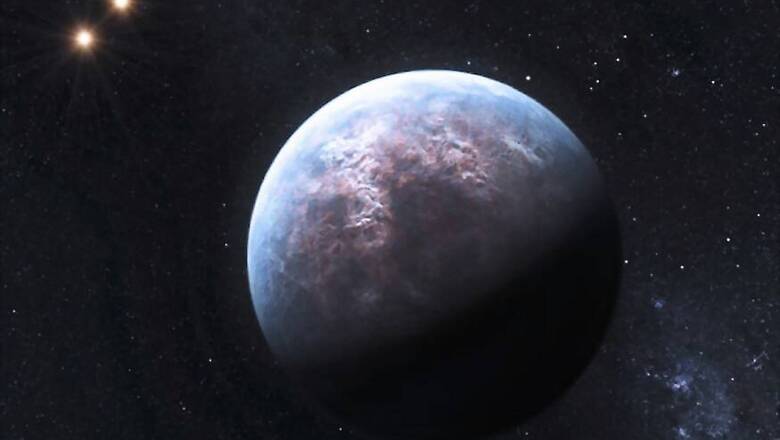
views
The National Aeronautics and Space Administration (NASA) believes that the apocalyptic scenario of an asteroid crashing into earth isn’t reserved only for Hollywood films. The NASA administrator Jim Bridenstine believes that the prospect of a killer asteroid crashing into earth is a distinct possibility in our lifetimes. Bridenstine announced this at the 2019 Planetary Defense Conference in Washington.
“We have to make sure that people understand that this is not about Hollywood, it's not about the movies. This is about ultimately protecting the only planet we know, right now, to host life and that is the planet Earth," Bridenstine said at the conference. He also pointed to the Chelyabinsk Event to suggest that such a scenario isn’t restricted to the realms of fiction. The Chelyabinsk Event refers to the meteor which blazed over the southern Ural region of Russia at speeds of up to 69,000 km/h and was approximately 66 feet in size. This was at a height of 29.7 km. The meteor explosion damaged property and it is reported that more than 1,500 people living in the region were hospitalized for injuries.
NASA however has detailed plans to track the movements of as many as 90 percent of asteroids near earth, sizes 140 meters or larger. Generally, meteors lose a lot of their mass while entering the earth’s atmosphere. Important to note that the meteor that exploded over Russia in 2013 measured around 20 meters, which is one-seventh the size of the rocks that NASA wants to track.
If you are terrified about the prospect of a rock crashing into earth anytime soon, you can head to the https://cneos.jpl.nasa.gov/sentry/ website developed by NASA Jet Propulsion Laboratory and Center For Near Earth Object Studies. Sentry is an automated collision monitoring system which constantly monitors rock movements and the potential of crashing into earth.



















Comments
0 comment